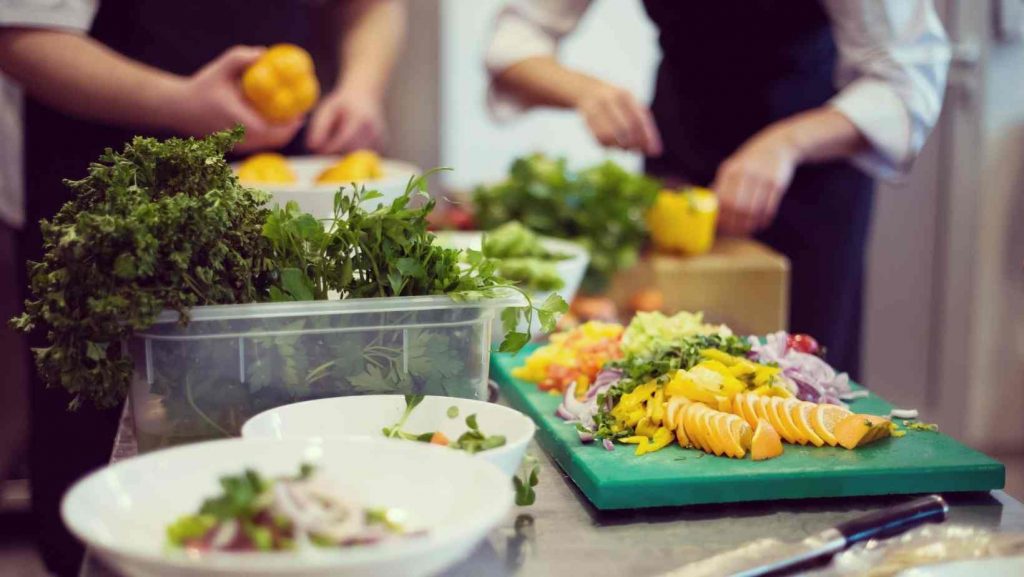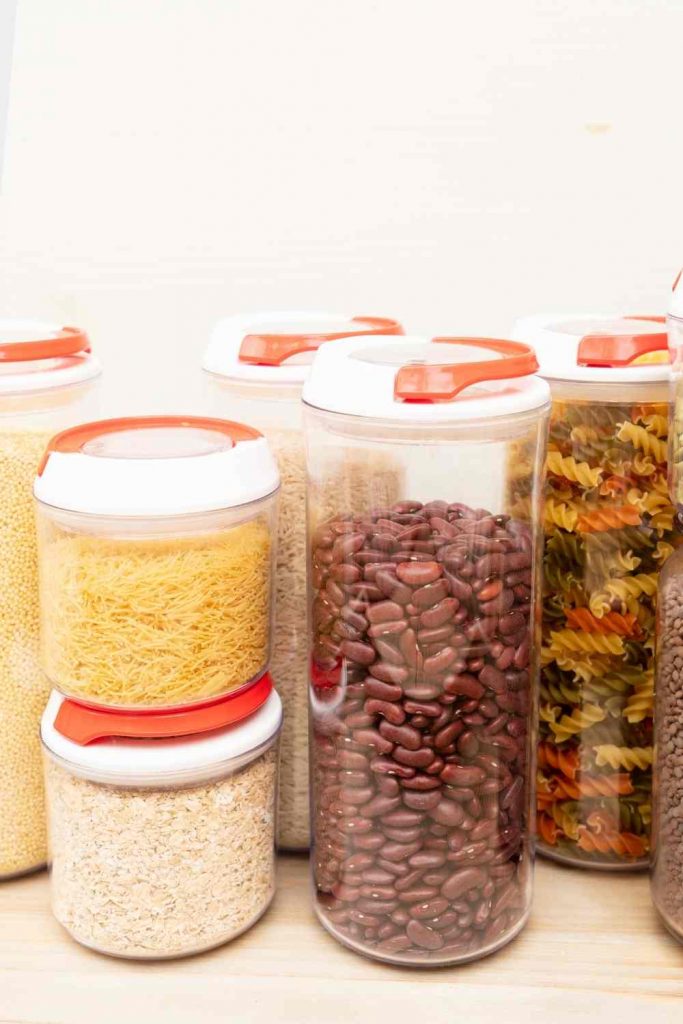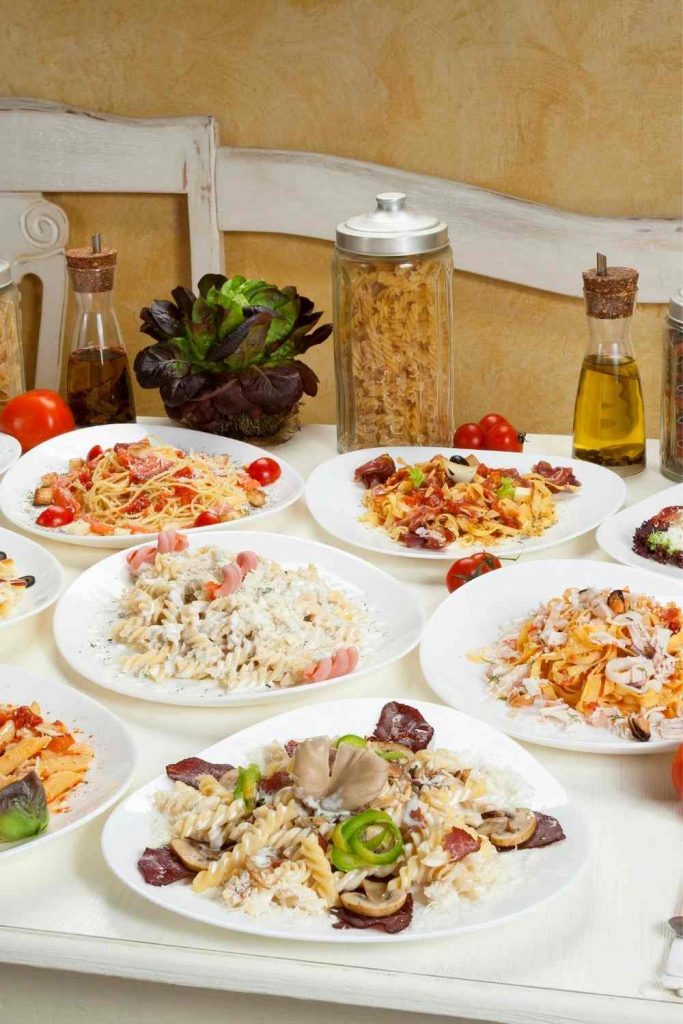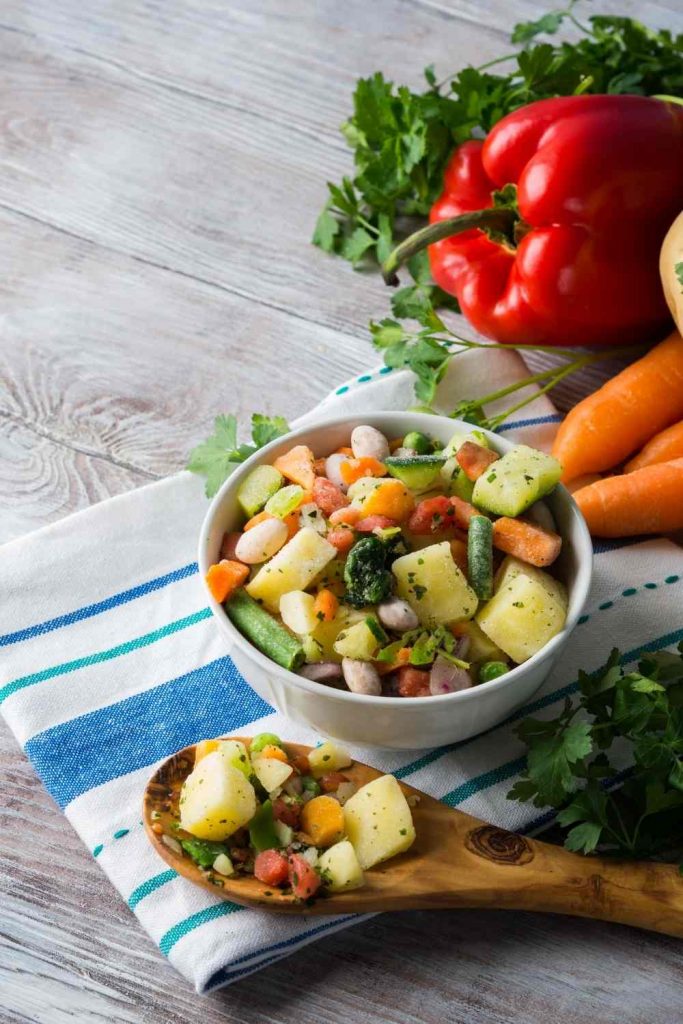We understand if food preparation is another dreaded Sunday task (perhaps somewhere between folding clothes and checking your budget). The notion of bravely navigating a crowded grocery store and spending hours in the kitchen doesn't exactly fit into your Netflix-and-chill schedule. Spending a little more time to prepare nutritious meals for the week, on the other hand, is well worth the effort. Not only will it help you resist the impulse to order takeout every night, but it will also remove the guesswork out of dinner preparation, allowing you more time to focus on other aspects of your week.

We asked some of the most well-known health food bloggers for their finest meal prep advice so that your weekend meals—and workday meals—are as efficient as they are tasty. You've got nothing on a hectic week.
Jump to:
- 1. Begin with a clean kitchen
- 2. Purchase good food storage containers
- 3. Prepare the grains in batches
- 4. Make use of leftovers
- 5. Gather items that will provide diversity to your meal
- 6. Prepare meals that may be used for several purposes
- 7. Make sure you have all of the necessities
- 8. Make it unique to you
- 9. Eat a lot of frozen meals
- 10. Make a weekly meal plan
1. Begin with a clean kitchen
Empty the dishwasher, take out the trash, and put things away on the counter or in the sink. It becomes easier to work efficiently as a result of this. Using a "junk" bowl (thanks, Rachel Ray) may also help you preserve tidier countertops and floors, as well as move more swiftly and prevent many visits to the trash can.

2. Purchase good food storage containers
Refrigerate prepared fruits and vegetables in glass containers. Place flowers near the front of the fridge so that your eye is drawn to them when you open the doors. It makes the fruit more appealing, and studies have shown that utilising glass containers and placing the produce properly contributes to a better diet.

3. Prepare the grains in batches
Cook a couple of batches of healthful grains like brown rice or quinoa, let them cool in the fridge, and then portion them out into meal-size quantities to freeze. You now have your own nutritious "minute" rice to reheat! When rice is cooked, cooled, then reheated, part of the starch is changed to resistant starch, which functions as a prebiotic to nourish your gut flora.

4. Make use of leftovers
Consider meals that can be used as a vehicle for leftovers on evenings when you're sick of staring at the same thing you've been eating since Monday. When you're attempting to use up odds and ends in the fridge, a frittata, for example, is a fantastic vehicle for leftover veggies. With a simple side salad, you've got yourself a wonderful, no-fuss supper!
5. Gather items that will provide diversity to your meal
Cook or prepare a range of foods that may be combined in a number of ways depending on what you're craving later in the week. A huge amount of grilled or roasted vegetables, a grain (brown rice, quinoa, or pasta), and protein, for example (such as meat, beans, or tofu). This allows you to quickly prepare a variety of items (such as salads, stir-fries, sandwiches, and even pizza) throughout the week and fulfill your body's demands.
read also: 9 Best Low-Carb Vegetables
6. Prepare meals that may be used for several purposes
Bean dip can fill a wrap, be spread on an English Muffin, or be picked up by fresh vegetables, and salad dressing can be mixed with greens, used as a dip, or drizzled over roasted veggies, and salad dressing can be tossed with greens, used as a dip, or drizzled over roasted veggies.

7. Make sure you have all of the necessities
Keep crucial components on hand so you can throw up a balanced dinner on the spur of the moment. When you go grocery shopping, make a mental checklist and make sure you have the following items in your cart (or already in your kitchen):
- 2 or 3 sources of protein
- 2 to 3 Fruit Types
- 1 pound of leafy greens
- 2-3 Veggies, Pre-Cut
- 1 Cheese Quick-Cook Whole Grain
Wherever you're short on time or preparing for a large group, utilise shortcuts when possible.
8. Make it unique to you
Make use of your calendar as a reference to ensure that your meal prep plan fits within your schedule. If you won't be home in time to cook certain evenings, prepare dinner ahead of time and put it in the slow cooker that morning, or create a bigger meal earlier in the week so you'll have leftovers.
read also: 10 Healthy Low-Carb Snack Ideas
9. Eat a lot of frozen meals
Don't be scared to use frozen products to create fresh dishes. You can now purchase frozen quinoa, frozen mixed veggies, and frozen lean meats in the freezer aisle to help you make dinner time quick, simple, and balanced.

10. Make a weekly meal plan
A weekly plan, even if it's only three supper ideas, may help you manage your shopping, saving you money and time at the store while also reducing food waste at the end of the week. Make a note of it and post it in the kitchen.




